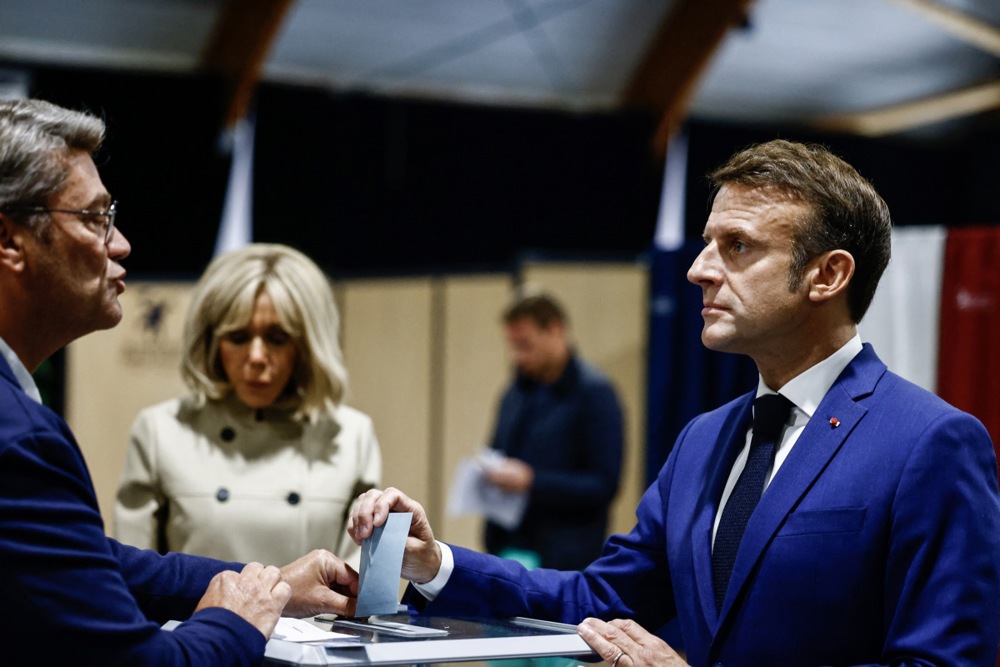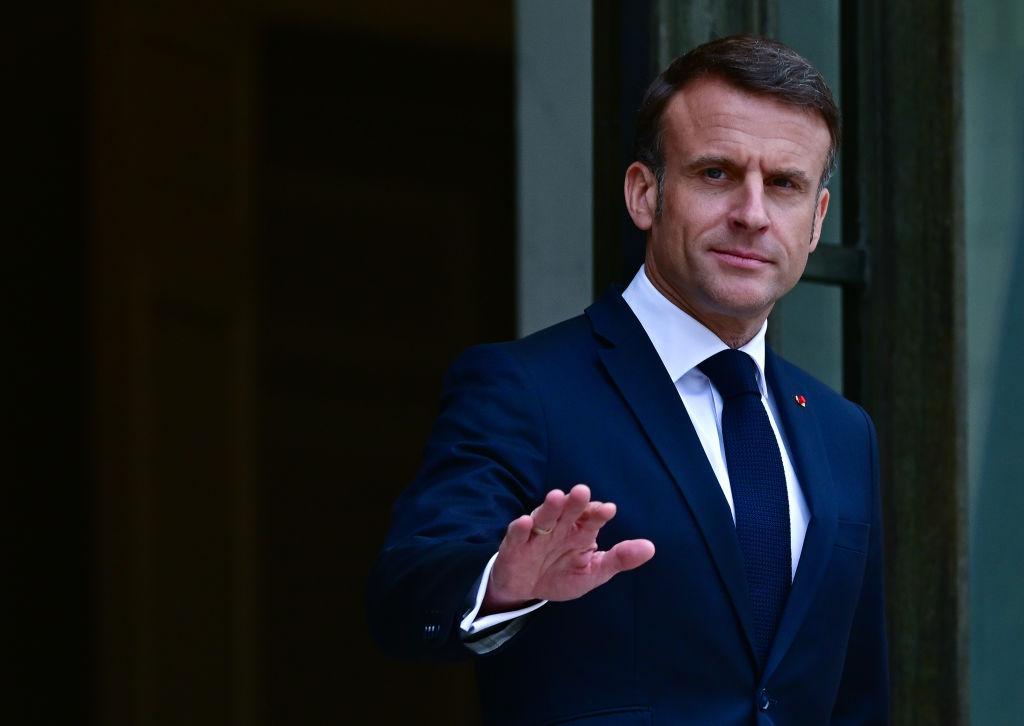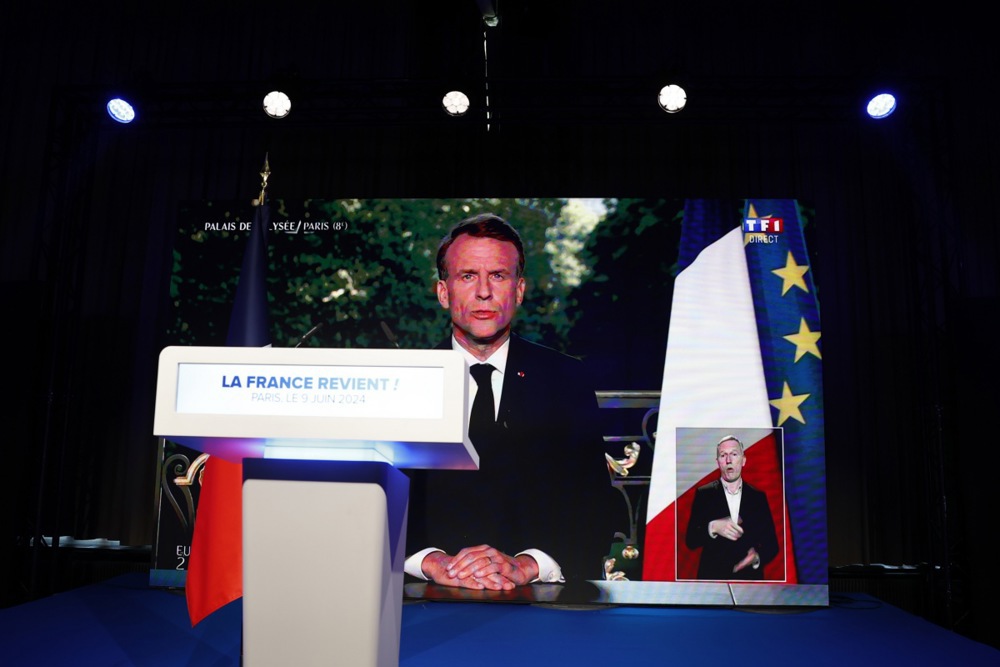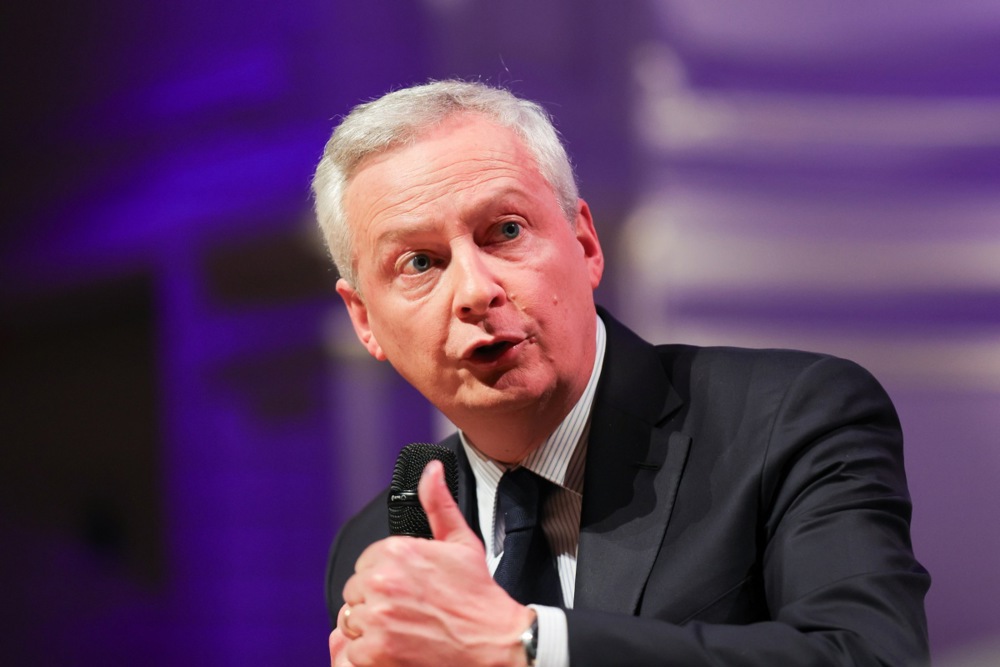As French President Emmanuel Macron’s party faces a likely defeat in the snap legislative elections and the hard-right and left-wing opposition forces inch closer to power, the implications for European Union politics are profound.
With three days to go to the second round of the French parliamentary ballot on July 7, Brussels is nervous about post-election results and possible coalition scenarios.
Should the Left or the hard-right gain power, France could be on the path to a form of “Frexit.”
Macron, who since 2017 positioned himself as a hero of the EU, may now be seen as responsible for the impending crisis.
A National Rally (RN) or a Left victory could also mean open conflicts between France and the EU on various issues: budgetary policies, defence projects, Schengen agreements, and the Ukraine war among them.
Jordan Bardella, President of the RN and gunning for the position of Prime Minister, said his party would “strive to obtain a reduction of the French contribution to the budget of the European Union” if it won the elections.
The Left, on the other hand, opposes EU-imposed austerity measures, vowing to reject such constraints.
Further tensions may rise after the European Commission launched an excessive deficit procedure against France and six other Member States.
France’s left-wing alliance measures may cost ‘€100 billion in 2025’. https://t.co/mf8M0rdco4
— Brussels Signal (@brusselssignal) June 21, 2024
The RN’s proposed reforms concerning Schengen, prioritising European nationals and increasing immigration controls, directly challenge EU principles. The party even suggested a referendum putting French law above EU law, which would be in direct conflict with the European treaties.
On Ukraine, both the RN and the Left, particularly driven by La France Insoumise (LFI), oppose sending troops to Ukraine.
Their stance on Ukraine represented a major shift in France’s military aid to Kyiv.
These statements diverge from Macron’s commitments to support Ukraine militarily, including potential troop deployments, calls for European military training for Ukrainian forces and authorising strikes from Western weapons in mainland Russia.
France elects: PM Bardella would scale back military support to Ukraine. https://t.co/oxxNAigs9x
— Brussels Signal (@brusselssignal) June 27, 2024
A victory for the RN would also shift the EU’s power dynamics and likely solidify a bloc’s shift to the Right.
The possible political transformation has particularly spooked Berlin. German Chancellor Olaf Scholz expressed concern at the possible outcome of the French elections at the summer party of the Social Democratic on July 3 in Berlin.
Scholz highlighted the importance of the ballot for the “Franco-German couple” and the future of Europe.
“Let’s do everything we can together to protect our great and beautiful Europe and not let far-right populists dominate it,” he said.
‘Shy right-wingers’ no longer hide, they demand change now, writes @Raphfel.
Read the full article?? https://t.co/URDKPTYURx #france #francefact #Paris #macron #lepen pic.twitter.com/avBXKQSFuE
— Brussels Signal (@brusselssignal) July 3, 2024





